
SHILLONG, APR 27: Joining the chorus of protest against the blanket ban passed by the National Green Tribunal (NGT) on April 27 on rat hole mining in Meghalaya, Garo hills coal mine owners have asked the NGT to elaborate on its contention that coal mining has not benefitted the state or people except the “coal mafia.”
The NGT had said that besides affecting environment by the unscientific rate-hole coal mining in Meghalaya, extraction of coal has not benefitted the people or the state except the “coal mafia.”
The NGT statement has rankled coal miners in Garo hills who are now demanding proof to justify what it had observed.
George S Marak, a coal-mine owner of Nongalbibra said, “The statement makes no sense.” He questioned as to where are the mafias the NGT is talking and asked the officials to name anyone of such mafia in Garo hills.
The NGT decision to ban rat hole mining was made after the team visited coal mines in Jaintia hills district based on complaint that the mining is adversely affecting Kopili river. The primary focus of the NGT had been the prevalence of rat hole mining in the state and the pollution to water sources and air.
The Nongal-Dobu Coal Truck Owners Association (NDCTOA) general secretary Zinba Sangma, however, felt that there seems to be a hidden agenda in the NGT directive. He argued, “We have taken extra care to ensure that we do not pollute the rivers in our region. They can come and check the Simsang river in Nongalbibra and show us where the mining has polluted the river or any water sources along its way.”
Sangma also said that there is an understanding among coal mine owners that the safety measures need to be strengthened to ensure an accidents free mining in the mines. He said, “That is something that the NGT should help us in doing. We have seen the adverse affects of large scale coal mining using modern methods. Large scale would mean complete environmental degradation on a larger scale. Our current mining process is sustainable.”
Giving an example of setting up the Coal India Limited (CIL) in Garo hills
Willinath R Sangma, the general secretary of Nongalbibra Coal Merchant Association (NCMA) said the mission of setting up the CIL for commercial extraction of coal was a failure. He said, “CIL was set up when PA Sangma was the union minister of coal. Though they operated for more than 6 years, the project was abandoned and CIL withdrew.”
On the contention of the NGT that coal mining is not helping many, Zinba was livid questioning, “Where did they get that data from? Each year we have been supporting thousands of people in our mines and it has helped everyone that is involved in the coal mining trade.”
Zinba challenged by saying can anybody deny the fact that coal is the largest generator of employment within the state? He, therefore, questioned, “Why are we being targeted?”
Many of those involved in coal mining in the state are of the opinion that the NGT directive is nothing but a ploy to bring in big corporate houses into mining in the state by unnecessarily raising the safety issue.
A small time coal mine owner in the Dobu region said, “The NGT directive is a blow for all of us. We cannot afford modern technology as our mines are too small to be included. Even if we join together as a group, what is the guarantee that our interests will be protected?”
He said that the NGT must understand that such directive will do more harm than good to the people.- By Our Reporter







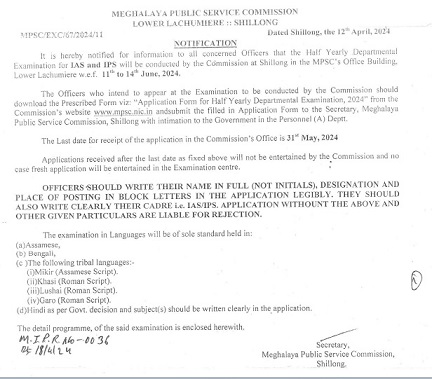
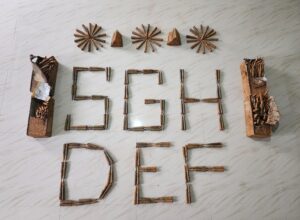


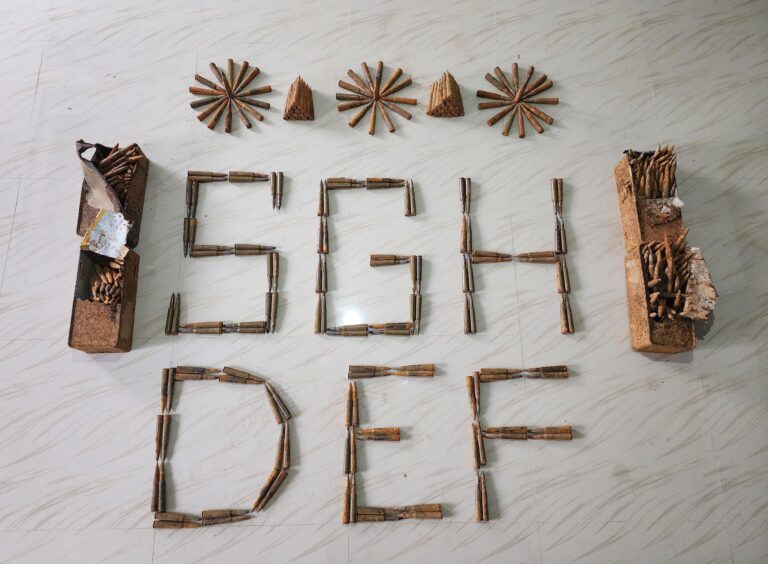
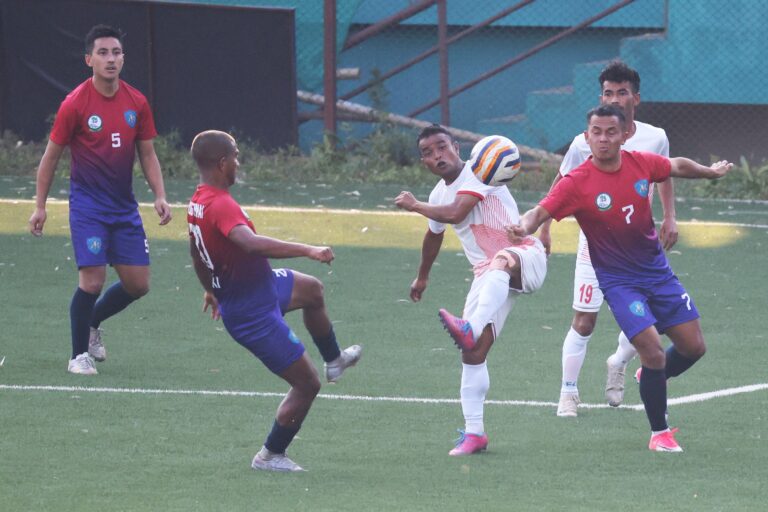

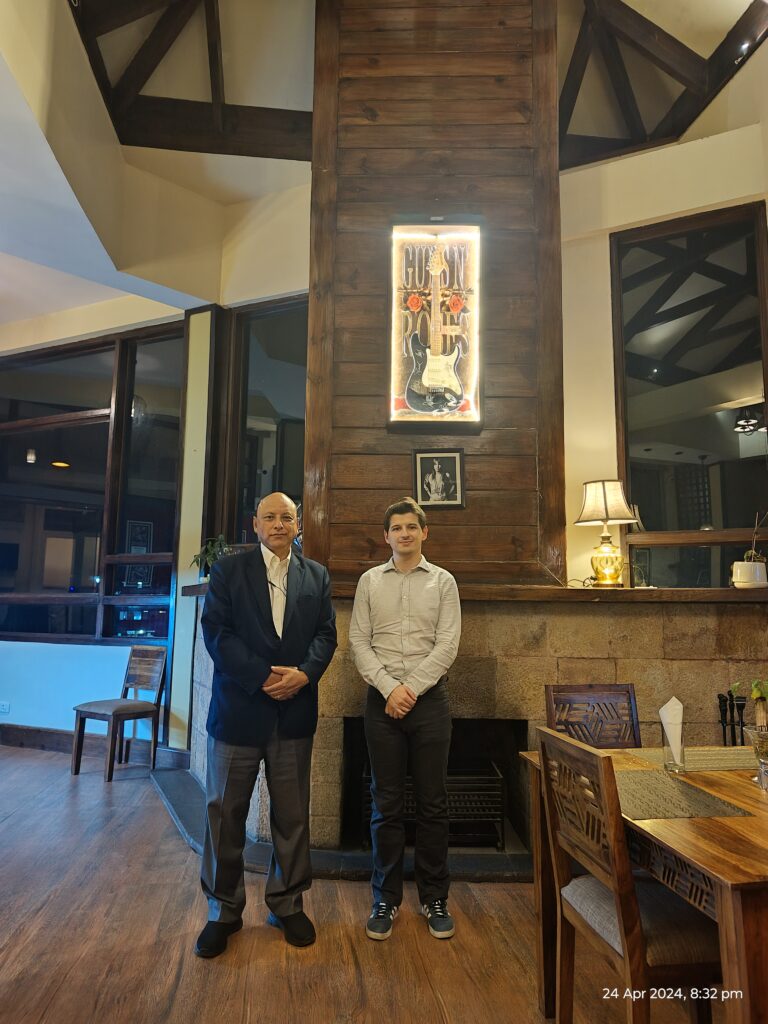
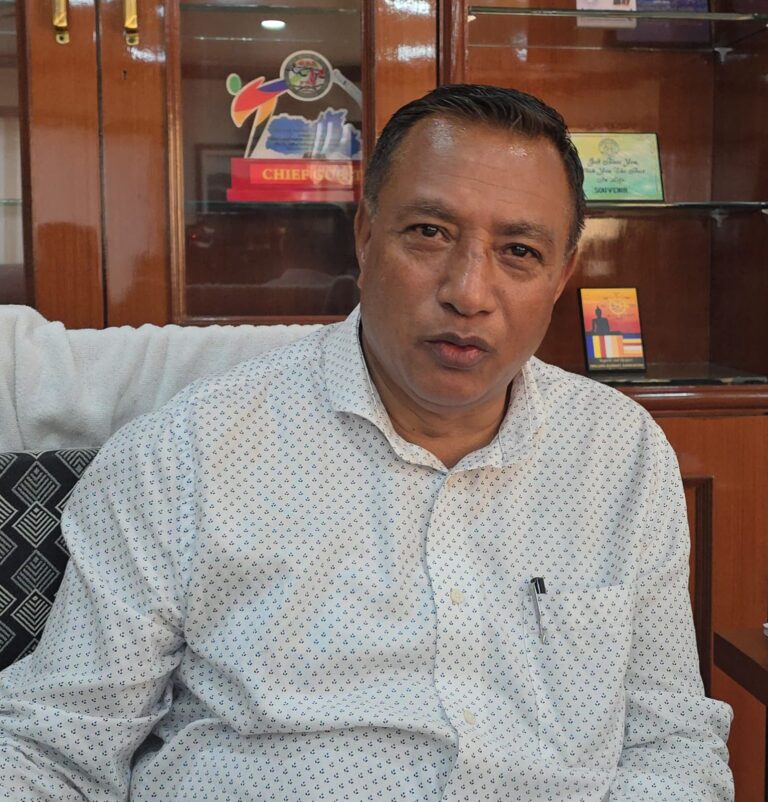
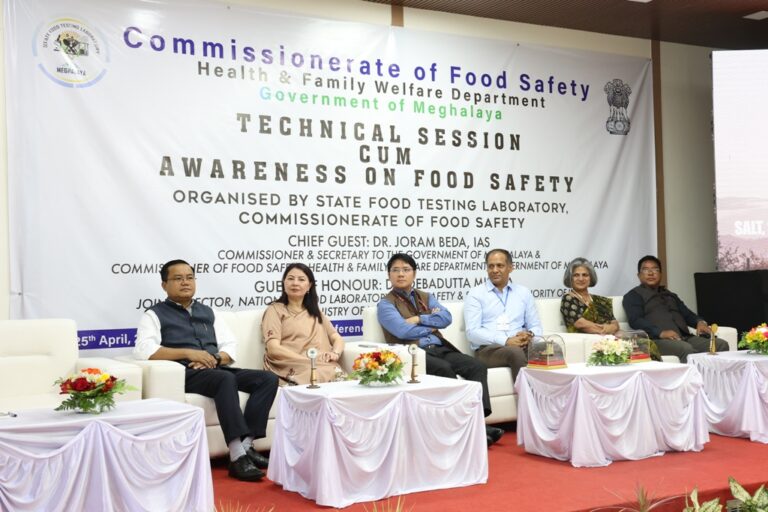
+ There are no comments
Add yours